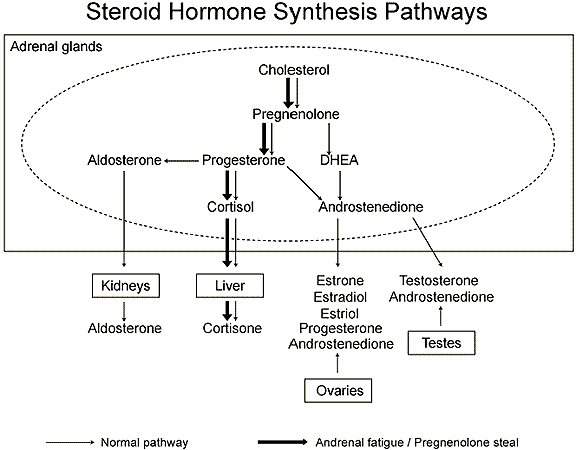
MORE evidence has emerged linking exposure to a pesticide "widely used in Australian agriculture" to child cases of Attention Deficit Hyperactivity Disorder (ADHD).
A US-based study, published today, shows a mother’s exposure to organophosphate (OP) pesticides during pregnancy was a strong predictor of attention-related problems in her child, particularly boys, at age five.
Researchers tracked the development of more than 300 Mexican American children living in the Salinas Valley farming region, after first testing their mothers for OP traces in the urine during pregnancy.
The findings follow the release in may of another US-based study which found among 1100 children, aged 8 to 15, those with higher OP residue levels were roughly twice as likely to have ADHD.
"These studies provide a growing body of evidence that OP pesticide exposure can impact human neurodevelopment, particularly among children," said Professor Brenda Eskenazi, from the University of California, Berkeley, and lead researcher on the later study.
"We were especially interested in prenatal exposure because that is the period when a baby’s nervous system is developing the most."
Prof Eskenazi said the study’s focus on an agricultural area ensured a higher OP exposure than what would be seen across the broader US population, but it should still raise a red flag.
"if is known that food is a significant source of pesticide exposure among the general population," she said.
"I would recommend thoroughly washing fruits and vegetables before eating them, especially if you’re pregnant."
OP pesticides act by disrupting neurotransmitters, particularly acetylcholine, which plays an important role in sustaining attention and short-term memory.
Australian toxicology experts said latest research findings were "not a surprise" as they confirmed the emerging OP-ADHD link.
"OP pesticides are widely used in Australian agriculture, and all are known to be neurologically active," University of NSW Professor of Toxicology Chris Winder said.
"it has been known for many years that hyperactivity conditions can arise in children from chemical exposures such as lead, tobacco smoke, phthalates, sodium benzoate, food dyes and some pesticides."
Prof Winder said a child’s brain started development early in pregnancy and continued even after the birth, and so it was "not surprising that symptoms of pre-school ADHD arise in children known to be associated with pesticide exposure during the prenatal period".
Dr Irina Pollard, Associate Professor of Biological Sciences at Macquarie University in Sydney, said the research was further evidence of the dangers posed by human-made synthetic hormone disruptors, or "xenohormones".
"I feel strongly that precautionary measures must be taken to minimise exposing children to xenohormones and other pollutants carrying long-term harmful consequences."